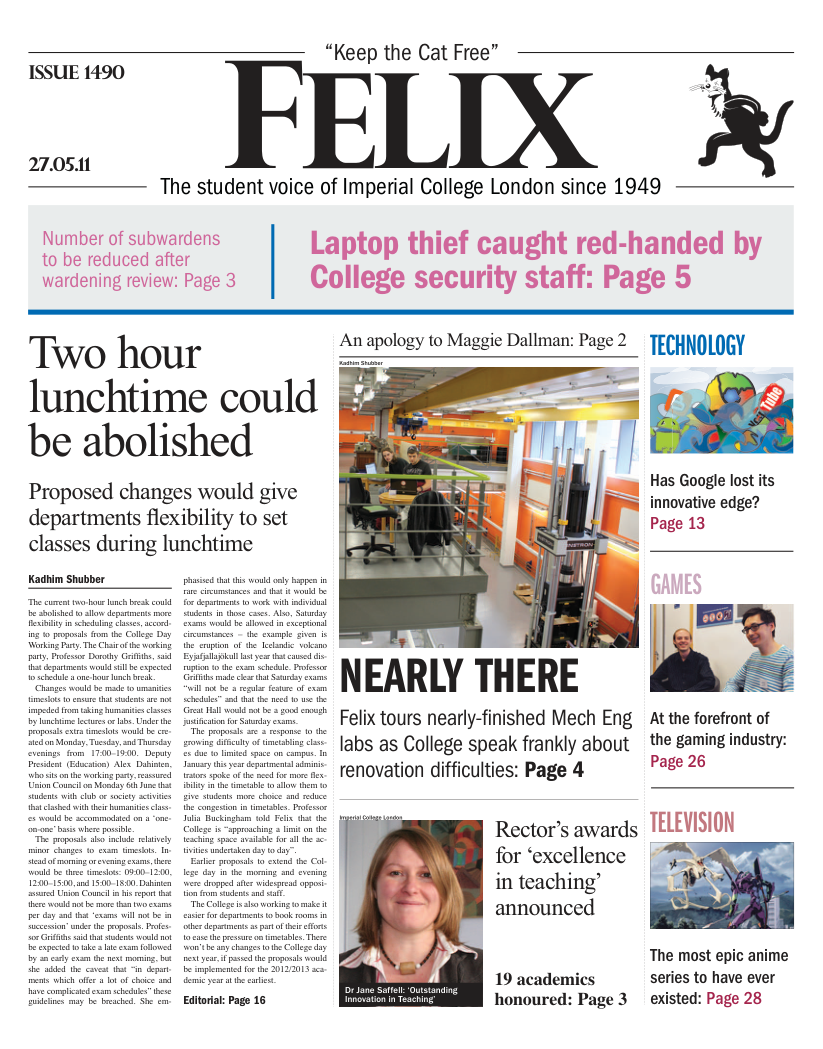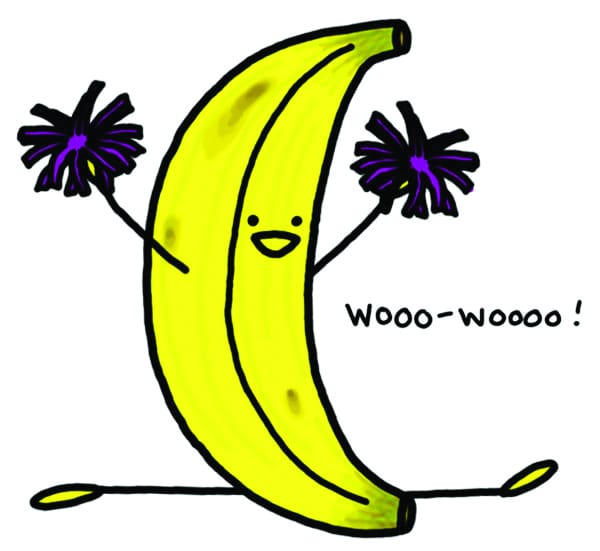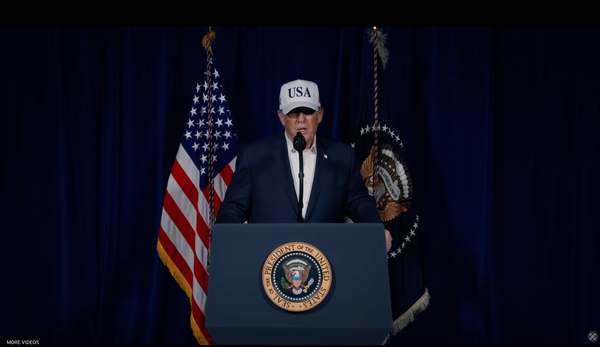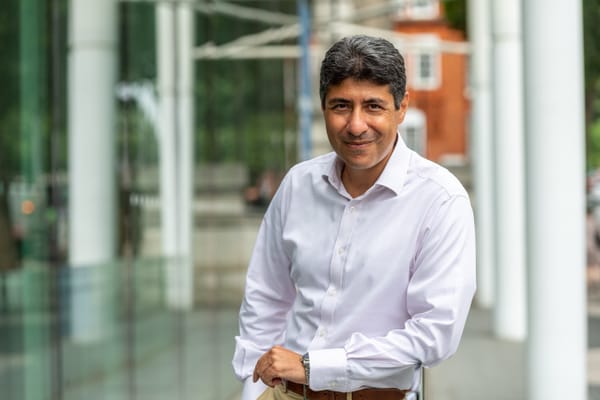Electron sends scientists round in circles
Electron found to be extremely spherical, with implications for matter vs. anti-matter puzzle

Electrons are almost perfect spheres, new research published in Nature this week has reported. Scientists here at Imperial have made the most accurate measurement yet of the size of an electron, and discovered that it is only 0.000000000000000000000000001 cm away from being perfectly round.
Physicists made precise measurements of the motions of electrons inside molecules of Ytterbium Fluoride. If the electrons were not perfectly round, they would wobble and slightly change the shape of the molecule under study. But the researchers saw no such wobble, meaning that the electron must be spherical at this new level of precision.
Research co-author, Dr Jony Hudson, from the Department of Physics at Imperial College London, said, “We’re really pleased that we’ve been able to improve our knowledge of one of the basic building blocks of matter. It’s been a very difficult measurement to make, but this knowledge will let us improve our theories of fundamental physics. People are often surprised to hear that our theories of physics aren’t ‘finished’, but in truth they get constantly refined and improved by making ever more accurate measurements like this one.”
This result is the culmination of more than a decade’s work by physicists from Imperial’s Centre for Cold Matter. It is important for the study of anti-matter – an elusive substance that acts in exactly the same way as normal matter, but has the opposite electrical charge. When matter and anti-matter come into contact, they annihilate one another.
Currently the laws of physics predict that exactly the same amounts of matter and anti-matter were created at the beginning of the universe. We know that this cannot be true, however, because if it were true all of the matter and anti-matter would have been annihilated and there would be none of either left in the universe today.
This means there must be a fundamental difference between matter and anti-matter. Had the researchers found that electrons are not round it would have provided proof that matter and antimatter differ more than physicists had previously thought. This may have then explained how all of the anti-matter disappeared from the early universe.
The Standard Model of particle physics predicts that the deviation of the shape of an electron from a perfect sphere would be too small to measure. Several proposed extensions to the Standard Model do predict a measurable distortion, so this result may turn out to be useful in exploring new physics beyond the Standard Model.
Professor Edward Hinds, research co-author and head of the Centre for Cold Matter at Imperial College London, said: “The whole world is made almost entirely of normal matter, with only tiny traces of anti-matter. Astronomers have looked right to the edge of the visible universe and even then they see just matter, no great stashes of anti-matter. Physicists just do not know what happened to all the antimatter, but this research can help us to confirm or rule out some of the possible explanations.”
To help improve their measurements of the electron’s shape, the researchers are now developing new methods to cool their molecules to extremely low temperatures, and to control the exact motion of the molecules. This will allow them to study the behaviour of the embedded electrons in far greater detail than ever before.






